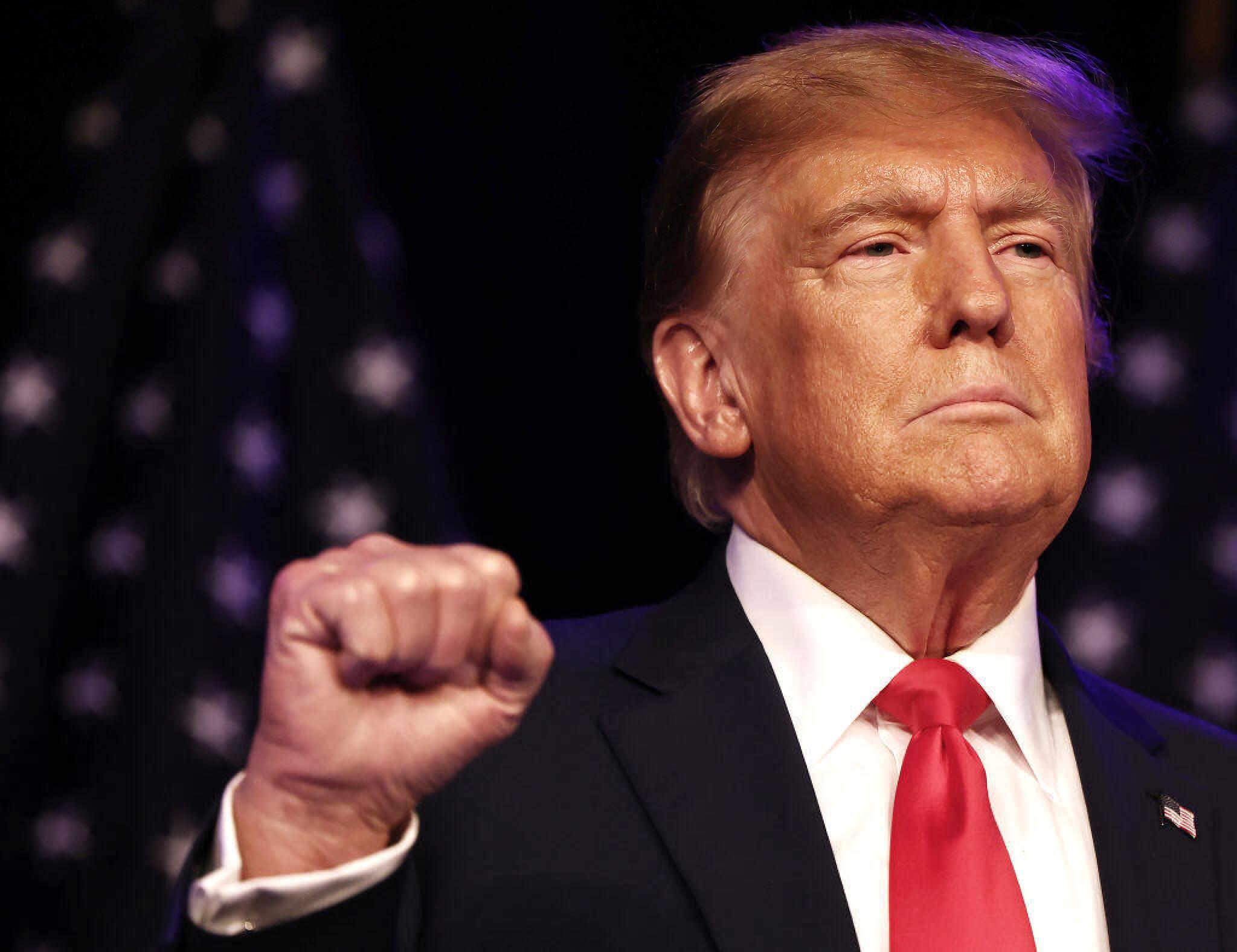Former US President Donald Trump ignited controversy over the weekend with a provocative statement suggesting he would “encourage” Russia to attack NATO allies who don’t meet their financial obligations.
Speaking at a rally in South Carolina, Trump claimed he once told an unidentified NATO leader during a meeting that the US wouldn’t defend a nation failing to pay its dues and would even “encourage” its attackers. This directly contradicts NATO’s core principle of collective defense, where an attack on one member is considered an attack on all.
His remarks drew swift condemnation from the White House, with a spokesperson calling them “appalling and unhinged” and highlighting the potential dangers to national security, global stability, and the US economy.
Trump’s statement isn’t entirely new. Throughout his presidency, he expressed criticism of NATO, arguing that the US shouldn’t shoulder the vast majority of the financial burden for defending its allies. However, the suggestion of actively encouraging aggression against fellow members marks a significant escalation in rhetoric, especially considering the ongoing war in Ukraine, a non-NATO country receiving substantial US support.
This statement arrives amid internal Republican debates regarding aid to Ukraine. While Trump celebrated the blockage of President Biden’s initial proposal, citing its “disastrous” nature, it’s crucial to note that the aid packages have now been decoupled, allowing for separate deliberations.
However, Trump’s comments raise valid concerns about the future of US foreign policy and its commitment to its alliances. While financial contributions are a point of discussion, openly advocating for attacks against allies represents a stark departure from established norms and potentially undermines collective security efforts.
With Trump potentially vying for the Republican nomination in the 2024 presidential election, his stance on NATO and foreign policy will undoubtedly remain a central discussion point in the coming months. Whether his controversial statements represent a personal opinion or a broader shift within the Republican party remains to be seen.
